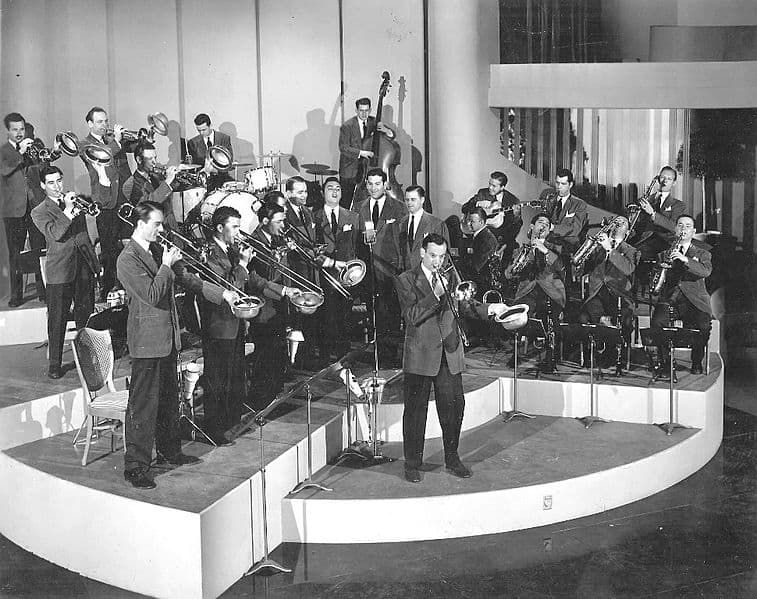By the time America entered World War II, its military leaders had long recognized the need to bolster the morale of troops deployed far from home. Previous wars had revealed serious problems when the men were left to their own devices regarding their free time. Incidents of sexually transmitted diseases had a detrimental effect on combat readiness during the Spanish American War and the First World War.
Troops stationed in foreign nations ran into legal difficulties with local authorities, often as a result of combatting boredom through the excessive use of alcohol. Gambling led to indebtedness among some. Boredom, the long-standing enemy of military life, needed to be alleviated whenever and wherever possible. It was also important to make the troops aware of the support of the home front for the men overseas.

World War II saw the first truly national attempt to provide rest, recreation, and entertainment for the men and women in uniform. A new organization, the United Services Organization (USO) formed to coordinate efforts to improve morale. Hollywood, the Red Cross, the Salvation Army, games manufacturers, church organizations, the Boy Scouts, the Girl Scouts, Major League Baseball, and other groups all led efforts to ease the lives of American servicemen, as well as their allies. Major motion picture and radio stars served coffee and doughnuts, offered dances and dates, and opened their homes to servicemen. So did some socialites and business luminaries. It was a major part of the war effort, and it served its purpose. It’s still possible to watch major films made during the war for the servicemen, displaying their sacrifices and the appreciation of Americans for them. Here’s part of the story.

1. President Roosevelt asked for the formation of the USO in early 1941
In February 1941, President Roosevelt recognized the size of the military the United States would soon be undertaking, as well as the need to help boost the morale of young servicemen around the world. He turned to an American social reformer and President of the National Board of the Young Christian Women’s Association, (YWCA) for help. The President asked the YWCA official, Mary Shotwell Ingraham, to form the new United Services Organization (USO). Ingraham called together under one umbrella the YMCA, the YWCA, the Salvation Army, the National Jewish Welfare Board, the National Catholic Community Service, and the National Traveler’s Aid Association to form the USO. Roosevelt’s vision, communicated to Ingraham, included the USO providing services to the troops in buildings either built or acquired by the government for the purpose. A second goal was operating fund drives to support the effort.
Incorporated as a non-profit in New York, USO facilities began operating months before bombs fell on Pearl Harbor. Thomas E. Dewey served as the first chairman, and in his first year of fundraising the USO brought in $16 million to support its goals. One of its goals, clearly stated in promotional literature soliciting funds, was to increase the involvement of civilians in support of the military. “It is an important part of the life of your sons, your brothers, your husbands, and your sweethearts”. Before American involvement with the war began, the new USO worked hand-in-hand with the War and Navy Departments to coordinate the establishment of USO camps and shows at military facilities and transportation depots. It also developed a long and successful relationship with American celebrities and film stars, which it exploited throughout the war to entertain servicemen around the globe.

